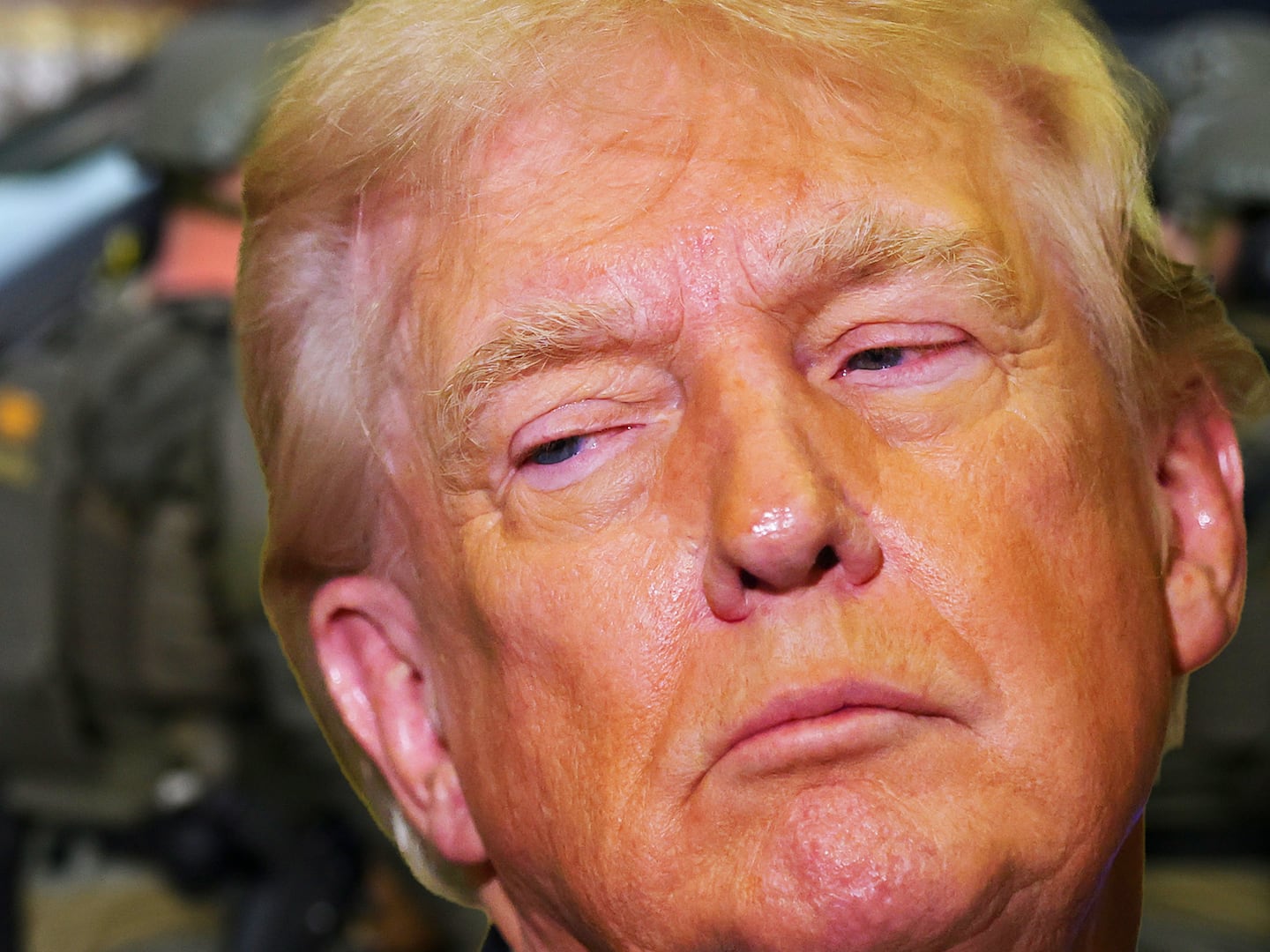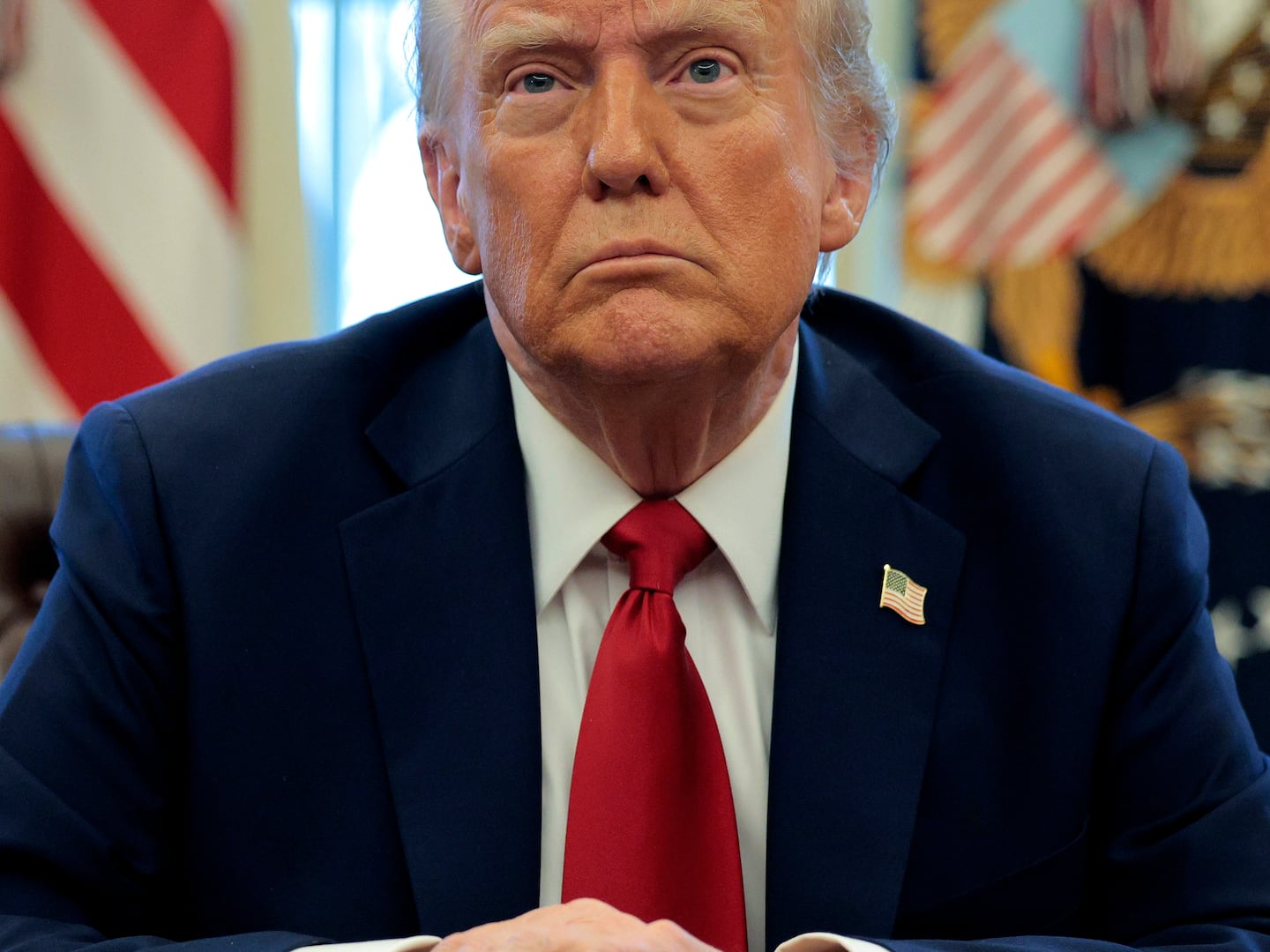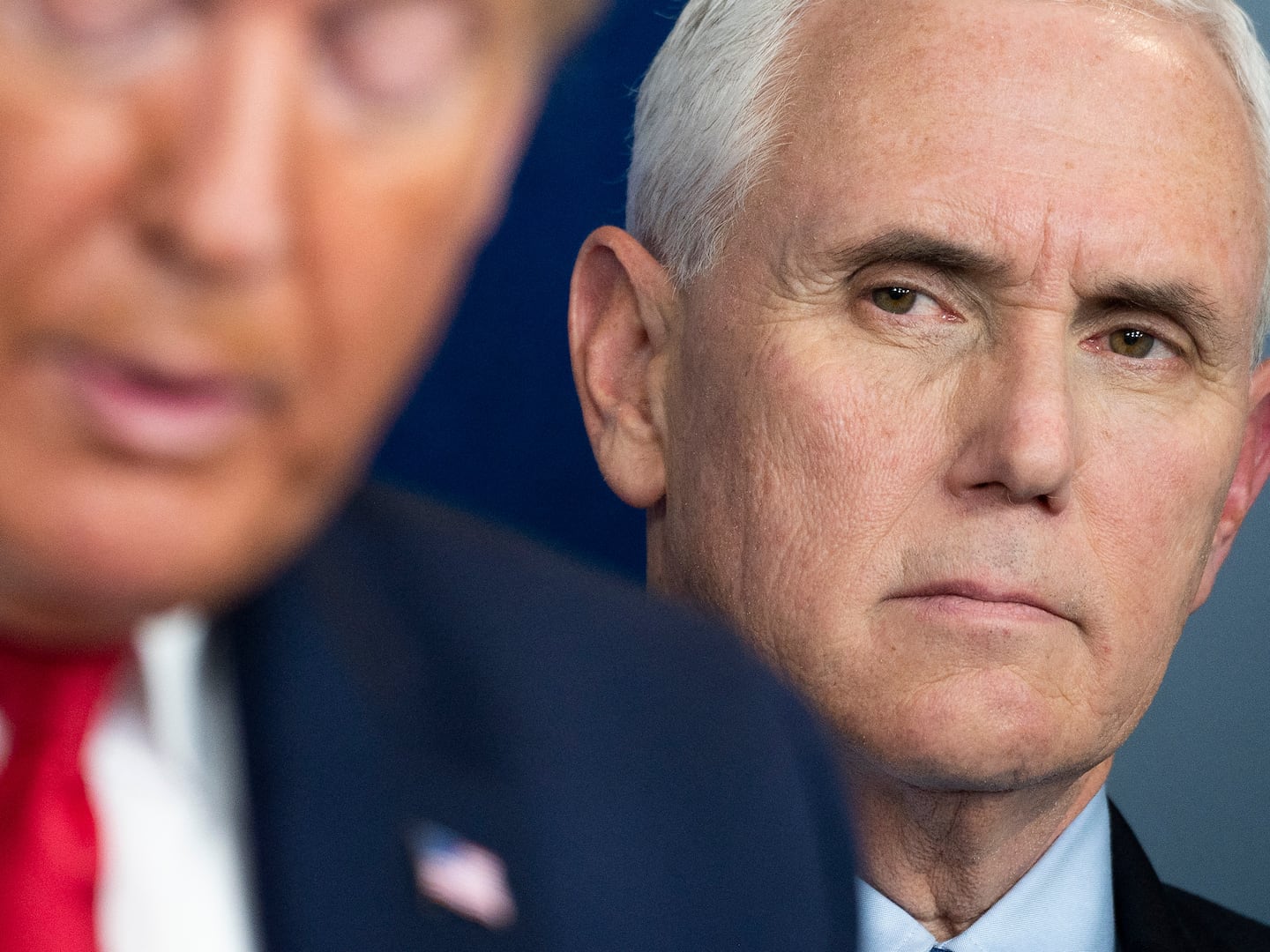House Speaker Nancy Pelosi (D-CA) announced on Monday that lawmakers will vote on a resolution that would effectively formalize the impeachment proceedings into Donald Trump, a major step in a weeks-long process that has ensnared the current presidency.
The resolution, which will be considered by the House Rules Committee, appears on the surface to be a bow to process criticisms that Trump and his allies have been making for weeks. But in a letter to her colleagues announcing her decision, Pelosi framed her decision as an attempt to outline the next steps forward as lawmakers move to more “open” hearings, in addition to removing any doubt about the legitimacy of the inquiry.
“This resolution establishes the procedure for hearings that are open to the American people, authorizes the disclosure of deposition transcripts, outlines procedures to transfer evidence to the Judiciary Committee as it considers potential articles of impeachment, and sets forth due process rights for the President and his Counsel,” Pelosi’s letter reads. “We are taking this step to eliminate any doubt as to whether the Trump Administration may withhold documents, prevent witness testimony, disregard duly authorized subpoenas, or continue obstructing the House of Representatives.”
For weeks, impeachment investigators have been working in private as they gather evidence on whether Trump and his close political allies sought to exert undue and even illegal influence on officials in Ukraine to investigate Joe Biden and his son Hunter. Interviews conducted by lawmakers have produced testimony affirming that there was a pressure campaign to get elected leaders in the country to launch investigations in exchange for a White House meeting and military aid.
In response, the Trump White House has refused to cooperate, arguing that the absence of a vote authorizing the inquiry made it inherently illegitimate. Both they and congressional Republicans have also demanded that the president be able to address his accusers and that GOP lawmakers have greater access to the interviews being conducted—though they already have such access. Their efforts to discredit the process of the impeachment inquiry culminated last week, when several dozen members literally stormed the secured location where depositions were taking place.
Pelosi, in her letter, said that their argument “has no merit”—and, indeed, there is nothing in the Constitution that says lawmakers seeking an impeachment must vote to formally start an inquiry. And a leadership aide insisted that this week’s vote did not resemble a shift in position.
“It simply lays out procedures on how we are going to move forward,” the aide told The Daily Beast.
Other House Democrats viewed the resolution as a relatively easy move to kneecap the process-based case on which the GOP has leaned. "It's a nice way to do no additional work on our part, while forcing the GOP to rework their entire messaging operation," said another House Democratic aide.
The resolution that members of the Rules Committee will consider on Wednesday has not yet been introduced. But a description of it directs “certain committees to continue their ongoing investigations as part of the existing House of Representatives inquiry into whether sufficient grounds exist for the House of Representatives to exercise its Constitutional power to impeach Donald John Trump, President of the United States of America, and for other purposes.”
It is unclear if the resolution will address other key procedural aspects of the impeachment inquiry—namely, when public hearings will occur, or whether any additional funds will be directed to the investigating committees, which is not strictly necessary but has been done in past impeachments. However, the resolution is expected to be so-called "privileged" which means that it can be expeditiously scheduled for a full floor vote.
This post has been updated with additional reporting.








